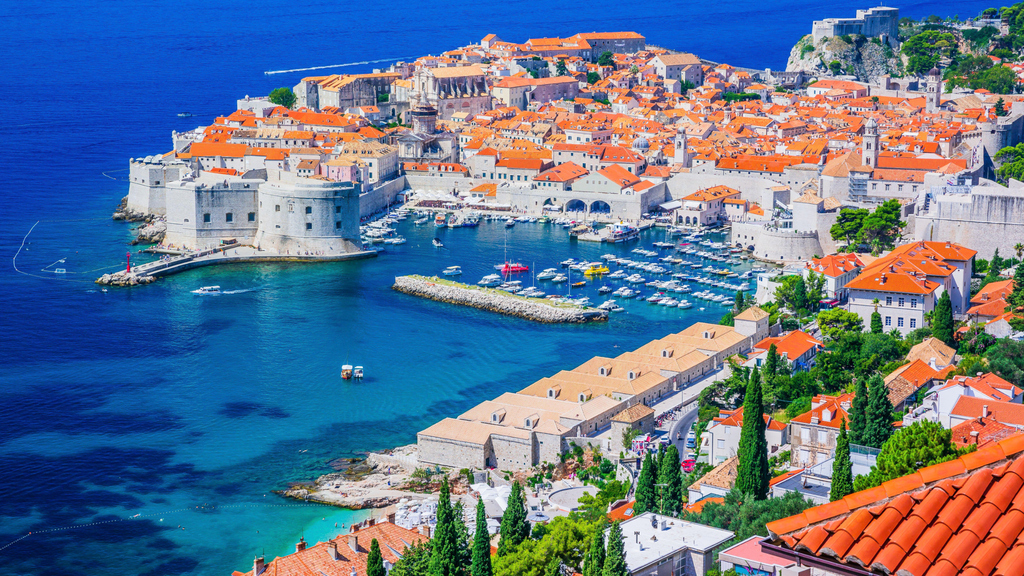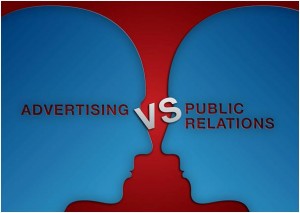What do clients really want from their PR agency? A panel of communications officers from top brands tackled the question recently in a no-holds-barred session at the global meeting of PROI Worldwide. The meeting was hosted by PROI partner agency Jackson Spalding, who tapped clients from three notable companies: Scott Williamson, VP Public Affairs & Communications of Coca-Cola North America; Betsy Talton, Director of Corporate Communications, Delta Air Lines; and Amanda Hannah, Manager, External Communications, Chick-fil-A.
Here’s what these top communications execs said they want and expect from an agency relationship.
Unanticipated value. “I want my agency to offer things I didn’t know I needed.” This comment from Amanda Hannah might be my favorite insight, because it captures the essence of extraordinary client service. It’s not just about being responsive and delivering on agreed-upon outcomes. It’s also about anticipating what adds value to the individual client and her organization over the long term.
Deep knowledge of the brand. If the agency doesn’t “look like the brand and speak in the brand voice,” it won’t win the business, according to Williamson. He looks for agency deliverables that “could have been prepared in-house” as a reflection of the team’s deep familiarity with the many brands under his corporate roof.
Objectivity. Yet, that brand familiarity must coexist with a degree of objectivity. Delta’s Talton put her finger on a critical advantage of bringing on an agency partner for most companies when she explained, “It’s the benefit of knowing the brand, but not being in the trenches.” This insight nails the tricky line that many agency teams walk; we serve as an extension of the internal communications function, yet clients need unvarnished feedback.
A drive to win. Coca-Cola’s Williamson places a premium on an agency’s scrappiness and drive, in both new business and day-to-day media relations. “I want an agency that hates to lose,” is how he puts it. In my book that’s a good reminder that a top agency team should put as much or more energy into helping a client win on the business battlefield as we do in trying to win the client in the first place.
Fresh contacts, skills and resources. Several panelists mentioned the desire for new services, specialized expertise, and leading-edge and resources, with Williamson citing “depth and freshness of media contacts” as a priority.
An elevated game. Even more striking was the clients’ appreciation of the less visible benefits of working with an agency team. A top PR partner can raise the game for everyone, it seems. As one put it, “A great agency team can help elevate my staff and our entire department.”
An entrepreneurial spirit. It’s interesting to me that the client from the largest brand – Coca-Cola – spoke about the importance of a “founders’ vision” at his agencies. That’s what independent agencies love to hear, but it also speaks to the independent and entrepreneurial streak that the most successful brands learn to adopt, and their agencies should reflect, no matter what their size.
A painless collaboration. As Chick-fil-A’s Hannah summed it up, “Please don’t make more work for me.”
Amen.





